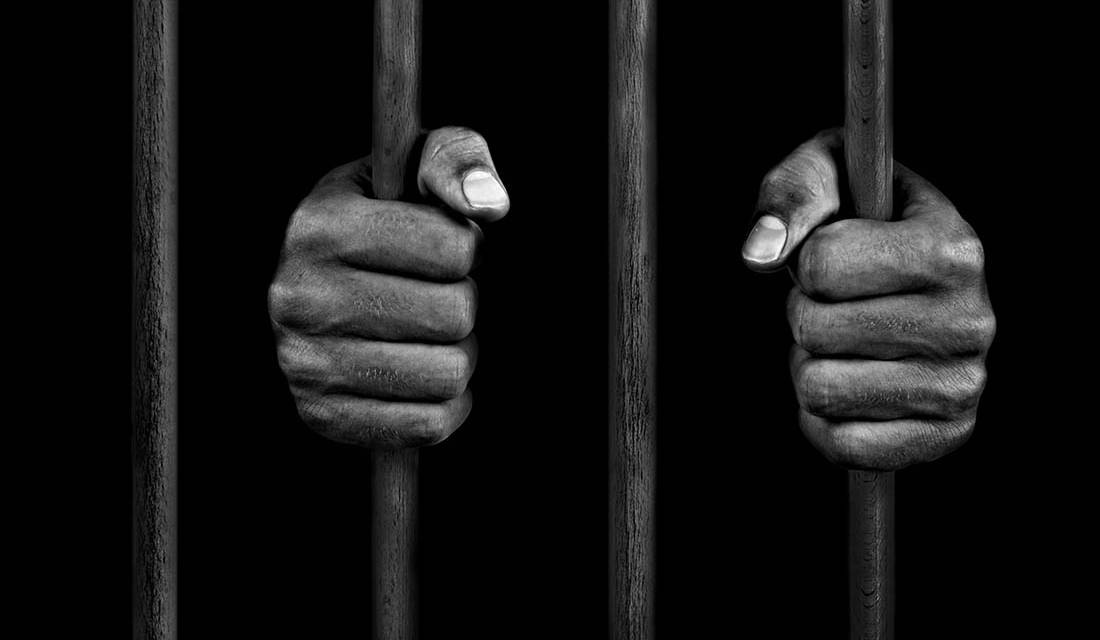The Welsh National Opera (WNO) is to present a summer season exploring the concept of freedom, the Cardiff-based opera company has announced.
A series of operatic works with complementary panel discussions, talks, community engagement and an exhibition of immersive reality artwork will together explore the themes of human rights, justice and political imprisonment.
At the heart of Freedom are five operas, four semi-staged and one fully staged production. Semi-staged will be The Consul (1935) by Gian Carlo Menotti, Dead Man Walking (2000) by Jake Heggie, The Prisoner (Il prigioniero, 1949) by Luigi Dallapiccola and the second act of Beethoven’s Fidelio (1814). Brundibár (1944) by Jewish Czech composer Hans Krása will be fully staged. Performances are set to take place throughout June.
Freedom will showcase every element of the performing company from the WNO Chorus and Orchestra through to WNO Community Chorus and WNO’s award-winning Youth Opera. In addition, young singers including Youth Opera alumni and students from the David Seligman Opera School at Royal Welsh College of Music and Drama will take roles in several of the productions, demonstrating WNO’s ongoing commitment to developing young talent.
A series of debates, discussions and talks will accompany the productions. Partners include Amnesty International UK, the Welsh Refugee Council and the National Assembly for Wales, with the aim of stimulating conversation and raising awareness of the issues that are highlighted by Freedom and in society today.
Additionally, WNO has curated a digital exhibition of immersive reality artworks to be exhibited at Wales Millennium Centre. Work by international artists inspired by personal histories of facing prejudice and displacement by conflict will be experienced in Wales for the first time.
The season is curated by WNO Artistic Director David Pountney. He commented: “This Freedom season brings together a group of works all of which touch on this intensely political subject, but as works of art, not political manifestos. It establishes that an artform often wrongly thought of as an establishment playground nonetheless has a lot to say about political and social suffering.”

